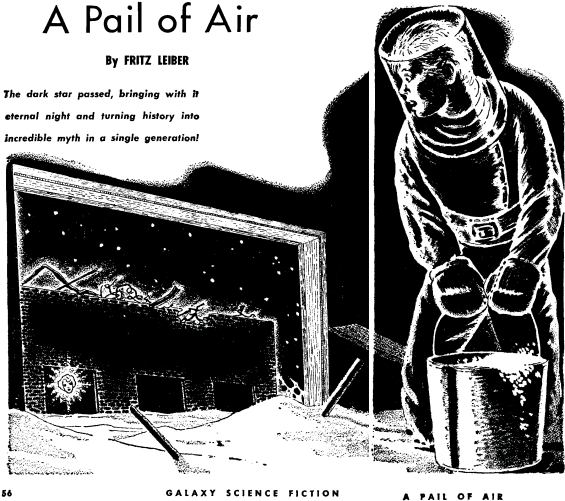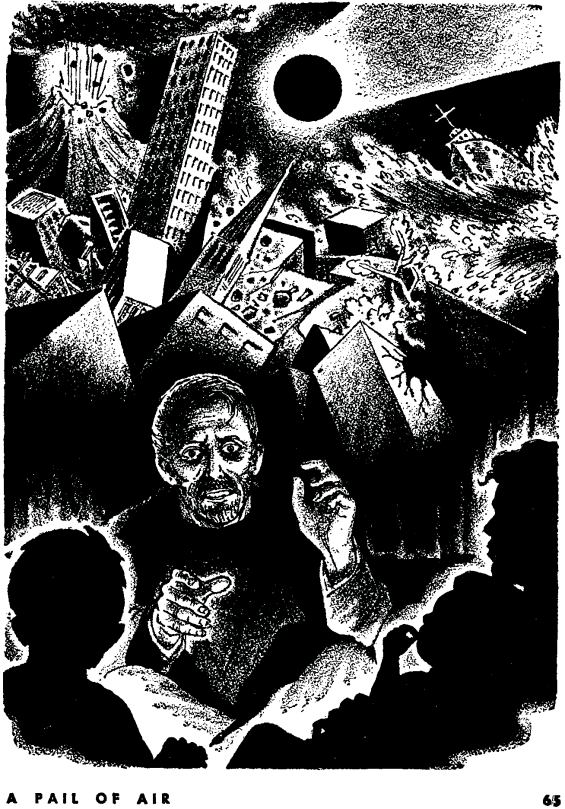
 The SFFaudio Podcast #634 – Jesse, Paul Weimer, Maissa Bessada, Evan Lampe, and Will Emmons talk about A Fall Of Moondust by Arthur C. Clarke
The SFFaudio Podcast #634 – Jesse, Paul Weimer, Maissa Bessada, Evan Lampe, and Will Emmons talk about A Fall Of Moondust by Arthur C. Clarke
Talked about on today’s show:
1961, the worst Arthur C. Clarke thing Jesse has ever read, co-writing, Frederich Pohl, comin back to the well for a load of cash, sequel Rama books, Maissa liked it, it grew on Evan, Childhood’s End, 2001: A Space Odyssey, he’s no Olaf Stapledon, sui generis, he wanted to be Olaf Stapledon, he doesn’t have the same ethos, Doris Lessing, on a more cosmic scale, August Derleth really liked H.P. Lovecraft, they’re not novels, THIS is a novel, the very first reader’s Digest condensed science fiction novel, a very thin volume, break out, be commercial, what’s in everybody’s mind, space race, we’re going to the moon, everybody on this boat is pretty boring, the society is fascinating, his basic conception is wrong, afraid of sinking into dust, just like Saddam Hussein’s WMDS, a construction of our own minds, kinda like a powder, the great sand dunes in Colorado, a giant pile of sand, a weird quirk of weird geology, a 1970s disaster movie, a long disaster movie, the audio drama, took some liberties, how wrong he is about society in the future, post-scarcity future, everybody gets an education, barbaric orphanages, he didn’t have the courage to think through all the implications of this post scarcity society, the pull quote, to keep the system going, not everybody is on board the train, we need all the brainpower we can to keep it going, off the rails, moonbus!, very weak, a tourist in the solar system, sea of dust, interesting world-building, those 90s songs, a book about the media, so interesting, completely wrong, still ahead of us, 2000whatever and 1960s, these people were young in the 1990s, Walter Cronkite, nothing changed, geostationary satellites, he’s just wrong about how media worked in such a spectacular way, the first disaster movie that’s THE DISASTER MOVIE, the western, Airport (1970), Deluge, a giant tidal wave that hits New York, there was a movie adaptation (yes), The Big Bus, a nuclear powered bus, Ned Beatty, Airplane! (1980), Airplane II, a steep decline, set on the moon with a space shuttle, The Towering Inferno, The Poseidon Adventure, its the template, probably a lot of dust up there, experiments, where the plot came from, novels are what sell, there’s nothing wrong with the book, its exactly what its supposed to be, Scott Danielson, “I’m ruined for stuff happens books”, that’s most series, most books, yo, the tone of the narrator, gelignite not, WWII era C4, this wasn’t going to work for out people, after the commercial break, totally competent, at his best he’s beautiful, masterful at short stories, Reading, Short And Deep, go about your business, any reaction, a negative reaction, really boring, a combination of it being boring and really didactic, ultimately it was good your ancestors…, has the opinion that Arthur C. Clarke has, shocking, with the voice of an aborigine, we’re all space faring folks now, we’re all white men now, 2017, the Down Under Fan Fund, Captain Cook National Park, how his ancestors were treated, this park doesn’t show the aboriginal POV, he’s got a fucking point, lived this experience, a forceful personality, a new and different point of view, in terms of cancellation, cancelling Clarke, nobody reads his stuff anymore, Jesse finds a beautiful illustration, dealing with a problem on the moon, so many whiny boomers on a bus, a lot of people on that bus, in terms of media, a media book, The Orange And The Apple, Isaac Newtown having sex with some lady, kind of a celebrity, media contacts, brainfarts on CNN, all the bluecheks start tweeting about it, it shoots up on the charts, moonbus at the bottom of the sea, doing an audiobook, those raunchy sex scenes in the king’s house, a great idea, The Martian by Andy Weir is a much better book and much better movie, the swearing quotient, shitty real-life disaster movies, a leak of oil into the Gulf Of Mexico, BP did it, Deepwater Horizon, the junk shot, in the popular consciousness, a phenomenon, fairly accurate except its not as cynically corrupt as it is in reality, much more cynical and modern, the Walter Cronkite era was probably more corrupt than many people know, in particular now, wars get started over this stuff, the whole Spanish–American War, the occupation of the Philippines 1895-1949?, Clark Ashton Smith, colony, a nice cute disaster, the puppy fell down the well stories, way to long, stuff happens, they’re making their own culture, the playing cards, filler, Heinlein engineer story, a rescue story, realistic, realism, disaster porn, why Airplane! works so well, his WWII fear, the whole commodore captain thing, him becoming a man, choosing to settle down, the sexual politics, the sex scene, the pill, it’s coming, miniskirts!, everybody’s still repressed, a weird line, Saturday Night Theatre, she doesn’t want to take the sleeping drug, you’ll take advantage of her, me neither, why is that funny?, why is that supposed to be funny?, they’re all boomers so it doesn’t matter, the stewardess, she’s jealous, him saying I’ll never have sex with you, take advantage of means “rape”, how could you think I could do that, the intended, that line from Churchill, “If you were my husband I’d poison you tea. Madam, if you were wife I’d drink it.”, a cultural change, he can’t anticipate, writing for a 1960s audience, not very science fictiony, the science fiction elements are hard SF, that’s all true I just don’t care, the Mountains of Inaccessibility, as a social SF book its both good and bad, as a hard SF book its interesting, very popcorn, how common space travel, divert a rocket casually, High Frontier, interesting stuff outside of this room at the bottom of the sea, how much stuff happens, why it was successful, Monica Hughes’ Crisis On Conshelf Ten, a Heinlein juvenile, sorry kid we’re living here now, go swim with your friends, Red Planet except on the moon, Nancy Drew on the Moon, The Deep Range, Earthdark aka “Crisis on Conshelf Ten 2”, Ian McDonald, the Luna series, corporate intrigue, tensions, Heinlein’s moon book, The Menace From Earth, Kepler Masterman, his girlfriend’s father had disappeared, kids on the moon solving mysteries, the Moon from the 1970s, 1890s moon, no boomers in buses, 2053, 2023, Keith David should narrate The Hobbit by J.R.R. Tolkien, The Thing (1982), Greenleaf, They Live (1988), if the laws don’t change, Biden’s gonna try and fuck up our copyright laws, might be all Paul’s job, great content, real grown up stuff, entertaining the boomers, reading the condensed books, just a bunch of rich people, not everybody can go to the Moon, miner’s stuck in a coal mine need entertainment, tryin’ to make some cash, he’s English so, two other bus people for stuff happens, the fraudster, credit card fraud, gold card or black card, the UFO guy, he’s Will on the bus, UFO talk, rightly so, Joe Rogan, NASA, the lid’s off, the tic tac, its not a fuckn alien, rightly dismissing, he poison’s the well, not in tears and muted, snake oil salesmen, one of Will’s mutuals, a story about a relative who is into UFO stuff, Ancient Aliens, a picture of his penis, taking advantage of something very real, its spiritual, there are conspiracies, the word now means alien spaceship, people conflate the two, center of attention, he shows this guy , that whole conversation is sunk, a detective also on the bus, on his own merits, not a post-scarcity satellite, too sympathetic to prosecute, ex-drug addict, a whole plane load of people that’s supposed to represent society, there’s no children (until the very end), moon babies, calm down get ahold of yourself, a nun with a baseball bat, 100% mockable, a parody book (just make it shorter), a good audio drama, READER’S DIGEST CONDENSED BOOKS people aren’t idiots?, I don’t want anyone abridging my Mark Twain, much punchier, a condensation, 347 – 404, 50 pages, Earthlight, Ray Bradbury, farming whales, a generation ship, not much of a plot, Apollo 15, a specific homage to Skylark III, Stanley G. Weinbaum’s The Red Peri, set on Pluto, its going to be short.
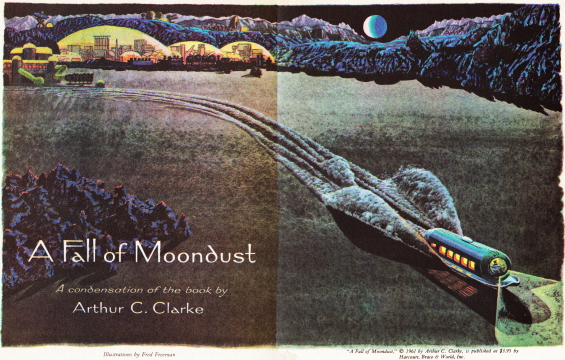
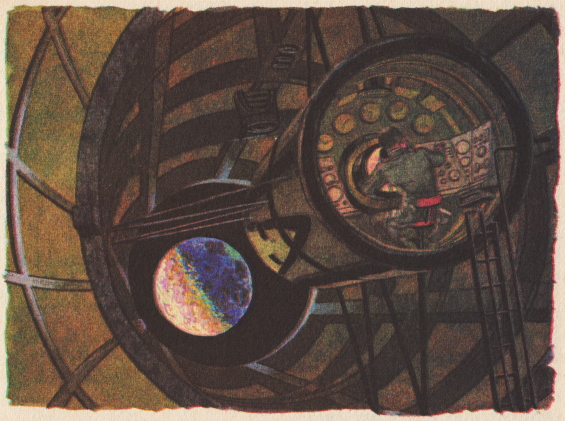
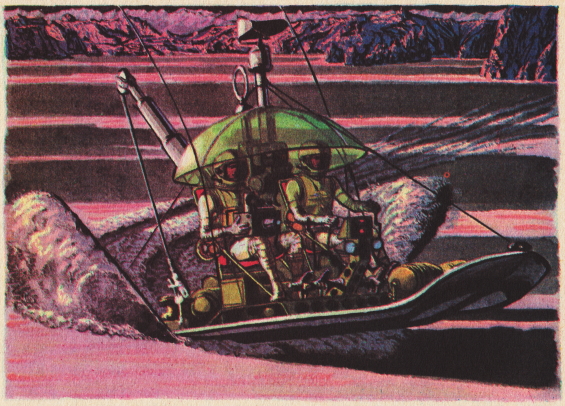
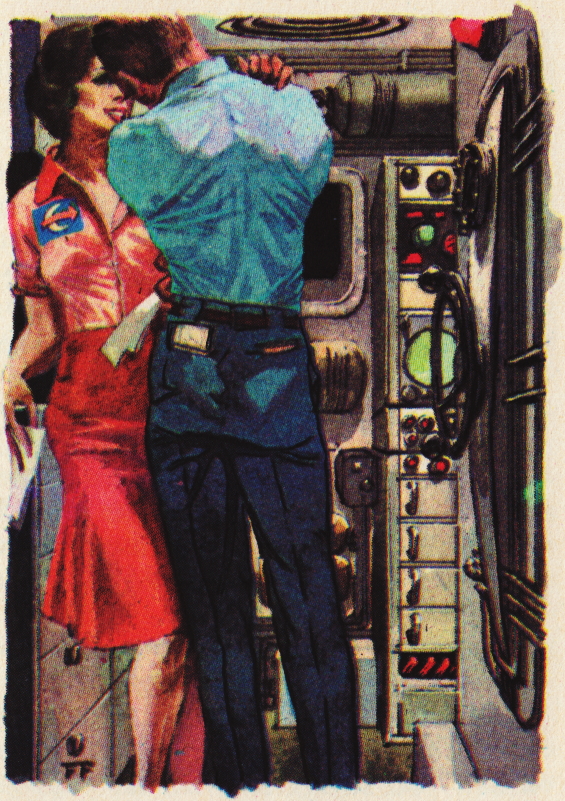



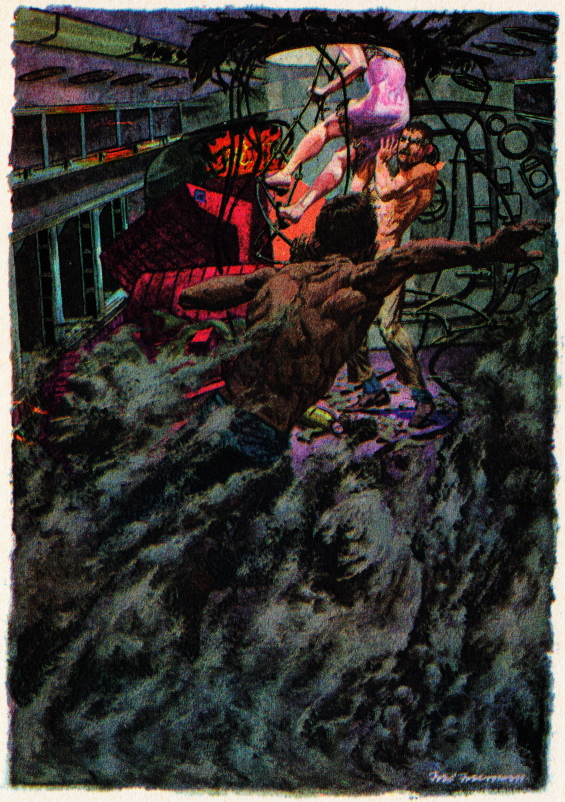
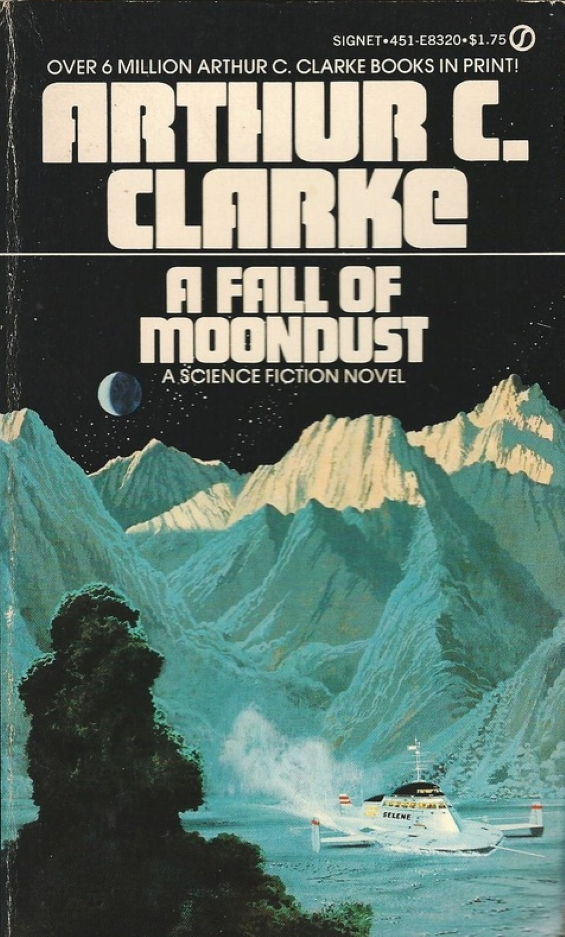
Posted by Jesse WillisBecome a Patron!

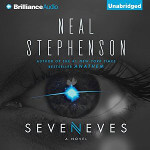 Seveneves
Seveneves  Plague Year (Plague #1)
Plague Year (Plague #1) Metro 2033
Metro 2033
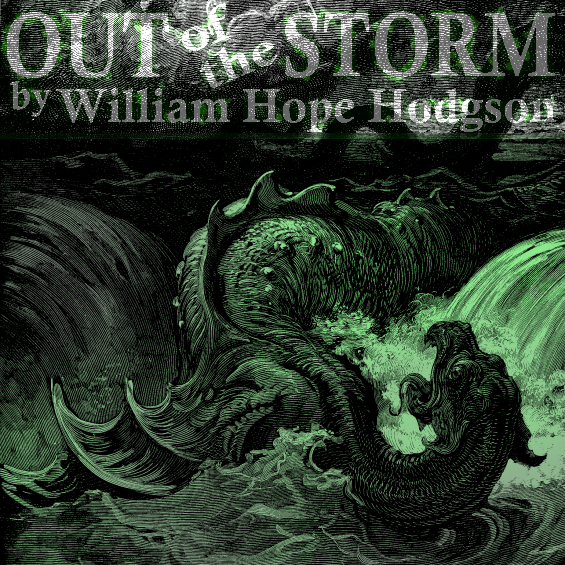
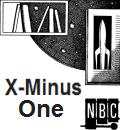 A Pail Of Air
A Pail Of Air